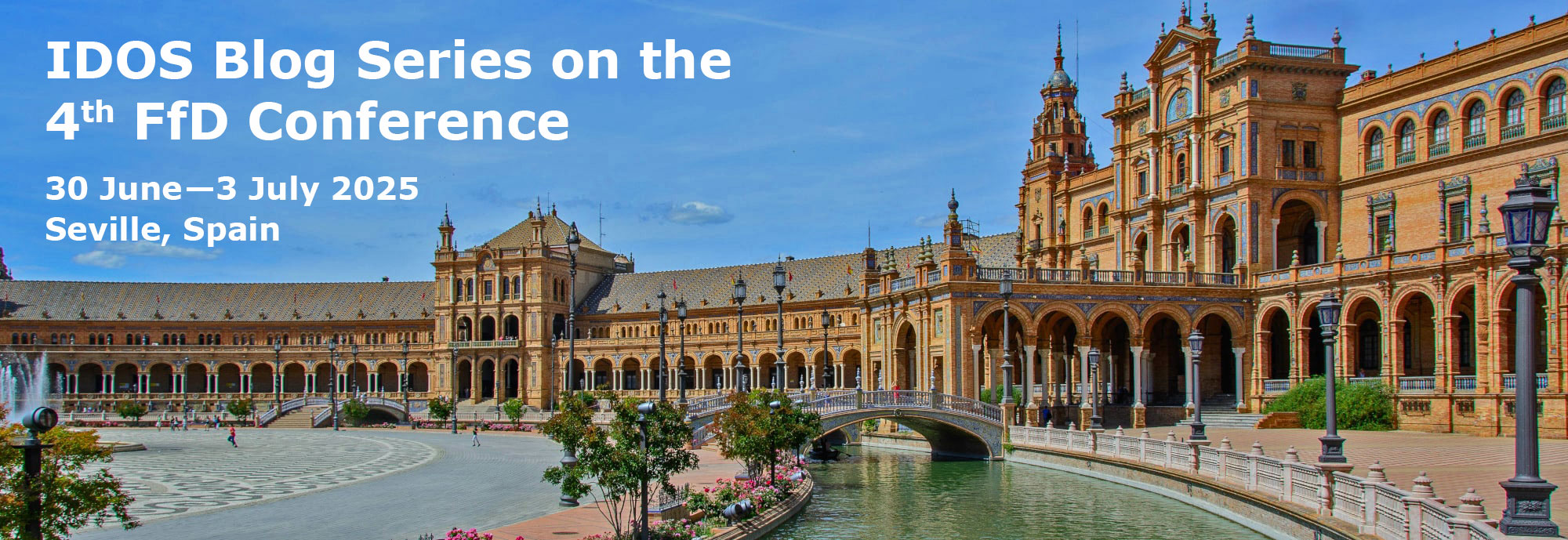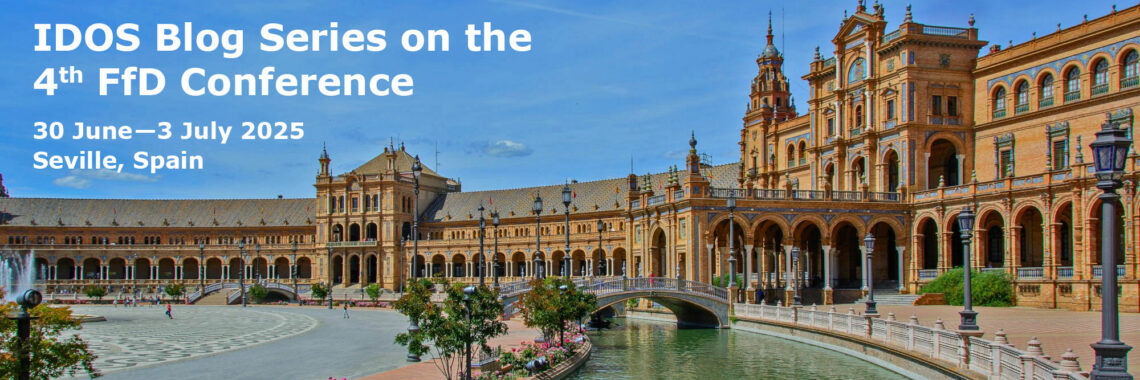The Group of 77 in the FfD negotiations
The upcoming Financing for Development (FfD) conference will address major challenges hindering the efforts of developing countries towards sustainable development. The Group of 77 (G77) – a key platform for the Global South in the UN – will play an important role in bringing the interests and demands of the Global South forward. …




